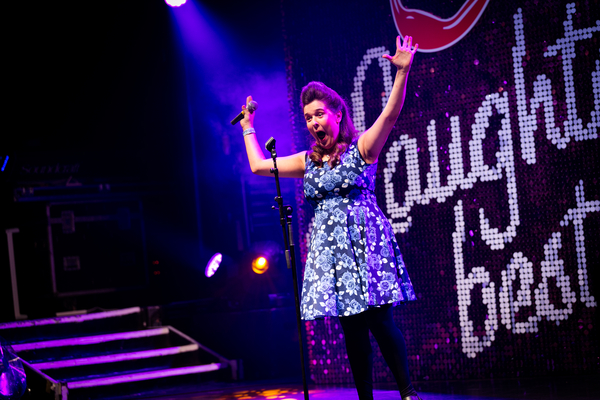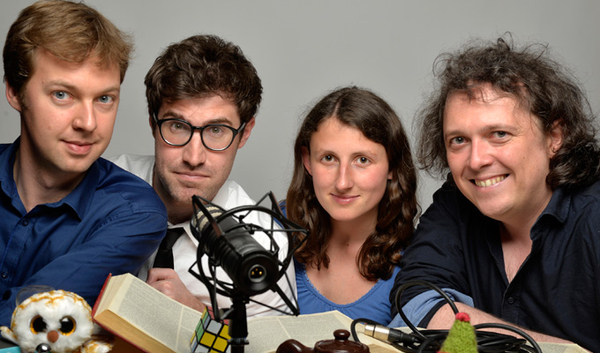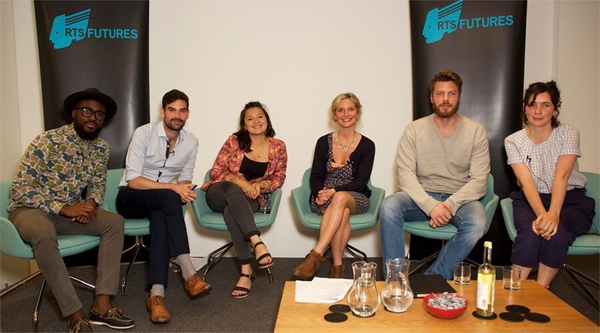How to make the jump from Runner to Researcher in TV
One of the hardest parts of starting your TV career is the jump from Runner to Researcher.
What are the hacks needed to be spotted and earmarked for promotion to the next step? What are the soft skills and hard skills that will make Producers want you to stay on their teams? How have the roles of Runner and Researcher changed over the years? Which skills do you need to level up on in 2024, the year A.I will do basic Runner tasks like transcribing and spreadsheet analysis?




